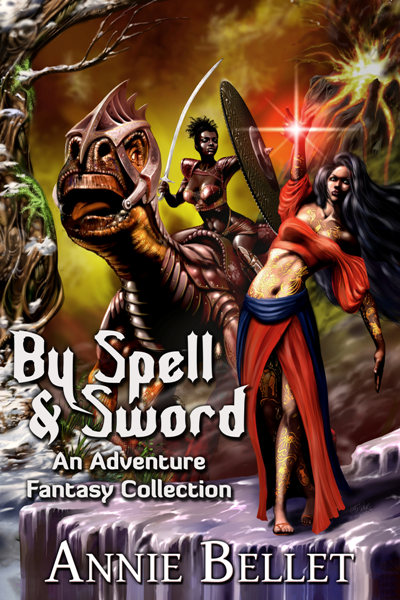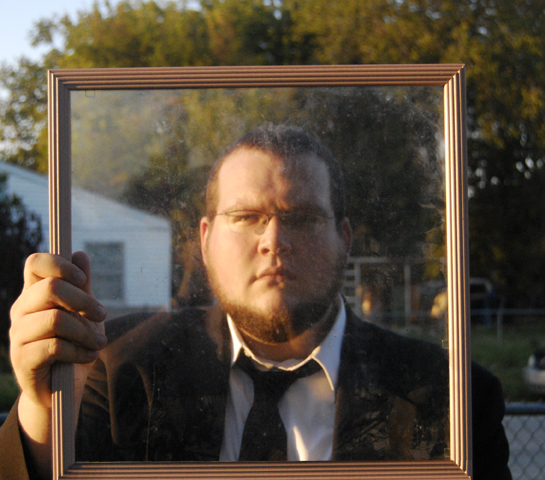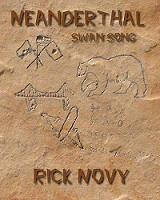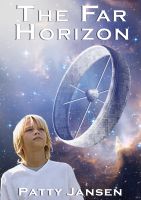Musings on Income
(Author note: if you are waiting on book 7 and couldn’t care less about nitty-gritty of the dark inner workings of being a pro writer, skip this post. For you peeps- book 7 is over half done and still on track for release in next couple months. I apparently might have pneumonia, but I’ve wrestled that beastie and won before, so I hope it won’t slow me down too much. Happy New Year, eh?! But no fear, Boss Fight: Samir (ie Magic to the Bone) is on its way).
———————————————————————————–
For everyone else… have some random thoughts and some numbers:
Income, especially in American culture I guess, is a touchy thing. Among writers and other creatives, I think it can be even touchier. This business is so uneven and so subjective once you hit a basic threshold of quality. Which is why I always choose to define “good book” as “book multiple people want to read enough to pay money for” and leave it there, because every other measure runs into problems of taste and opinion.
Some writers do share their income. Many choose not to. I think both are making the decision that they are comfortable with, however, I super appreciate those who share. For the same reason I watch certain books and how they do with readers, I also watch various author careers. It’s all data that I might be able to apply to my own career, to my own books, to help me better deliver great books that people want to read and to find the best avenues to get those books into reader’s hands.
I’ve noticed though that there’s an odd gap in the numbers being shared, and chatting with a few others I am not the only one who has noticed. Authors starting out, both trad and indie, seem to share more often than long-time authors. Same with authors (long in the biz or not) who are making less than six figures. Then the gap appears as you see some authors who make very high six or into seven figures sharing. Where are the betweens? I know they exist in the professional fiction writing world, because I know quite a few of them personally. But they don’t share.
Many, I assume, don’t share because they aren’t comfortable talking numbers outside private groups. After all, in the end it is nobody’s business but the tax people and yourself what you make, and that’s cool. Many of us are raised to never discuss money, though from dealing with various unfair work situations and seeing relationships dissolve over financial disputes, not discussing money can sometimes be a poor choice. But when you work for yourself? It’s a decision you have to make for yourself.
I imagine others don’t because six figure income is this funny limbo place. You are making money, good money, but you aren’t making enough to feel untouchable (especially not when the tax bills come due, weeee). Publishing is a very volatile field. You can sell thousands of copies of one book, release the next, and watch the pennies trickle in. One change at a vendor or a mix-up in a computer system somewhere, and you can lose tens of thousands in the blink of an eye. There’s no “made it” or coasting available at almost any level of publishing that I can see until you hit the upper echelons where you have more money than JK Rowling (okay, probably nobody has more than she does in publishing, but you get my point).
This is stuff I’ve been thinking about as I read blog posts by awesome people like Jim C Hines and Kameron Hurley. Posts such as theirs, posts by others like JA Konrath, Amanda Hocking, and John Scalzi, and surveys like the one Tobias Buckell did back in 2005 helped me figure out what paths to take, what careers to look at, how to navigate things and what expectations to have. I’m a firm believer in more information is more better.
For that reason, I used to share numbers. I still do pretty openly at conventions and if people ask. But when I thought about writing a post after reading Jim Hines’ summation of his year, I balked. Why? Because this year was super successful for me and I fall into that limbo place now. I worried that writing this post would cause backlash, people saying “oh she doesn’t deserve that” or “she’s just bragging” or “her books aren’t that good” or “she’s just an outlier” or whatever else people say when green-eyed monsters come to live in their brains. Professional envy is a real danger in creative endeavors, I’ve witnessed it first hand multiple times and almost fell prey to it myself once in a general way (I quit writing short fiction for a while because I felt like I’d never compare to people who seemed to work less hard than I did, but thankfully I got the fuck over that hang-up).
But you know what? Data is data. I might be in the fragile limbo where income could be zero next year (if I don’t stop getting sick, that might be my reality, sigh), but I’m going to share numbers. These are a combination of a ton of work/study finally paying off and the support of the best readers anyone could ask for, with a dollop of luck thrown in (like the whole e-book revolution happening while I’m still alive to enjoy it, for example).
Titles published in 2015: 2 (plus one three book omnibus of previously published work)
Paid Titles total under this name: 17
Free titles: 7 (one of which was paid for half of 2015 at .99)
Short stories sold to anthologies in 2015: 4
Books sold in 2015 (including audio and print): 106,661 (approximate)
Income earned from ebooks/audio/print: $257,293
Income from multi-author bundles/Misc: $4,048
Income from anthology sales/royalties: $1,690
Total earnings 2015 (paid in 2015): $263,031
Want to see what a totally uneven career looks like? I quit my job in 2009 to start pursuing being a writer full time. I made one short story sale for a flash fiction piece that year, earning 18 dollars. 2010 income is a short story sale and the tiny beginnings of my foray into ebooks. Baby steps while I learned how to write (I wrote and submitted 39 short stories in 2010 alone, plus a novel).
Here’s the graph of my career so far:
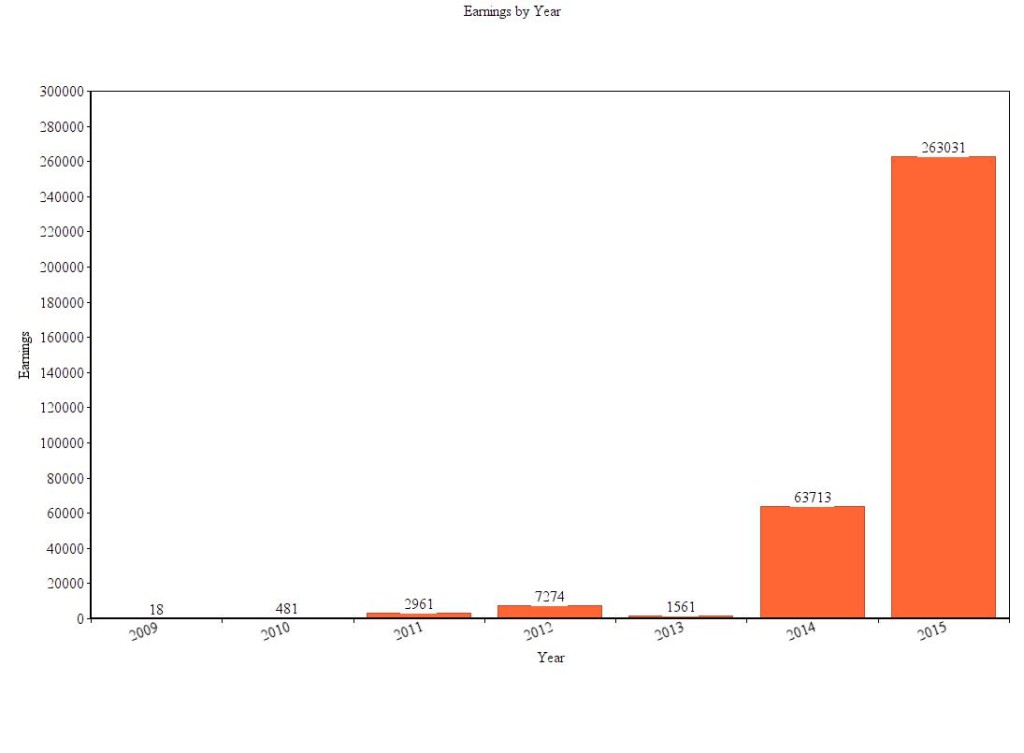
And here’s a pie chart of how my earnings for the year divide out between indie, trad, and multi-author stuff, because who doesn’t like pie?
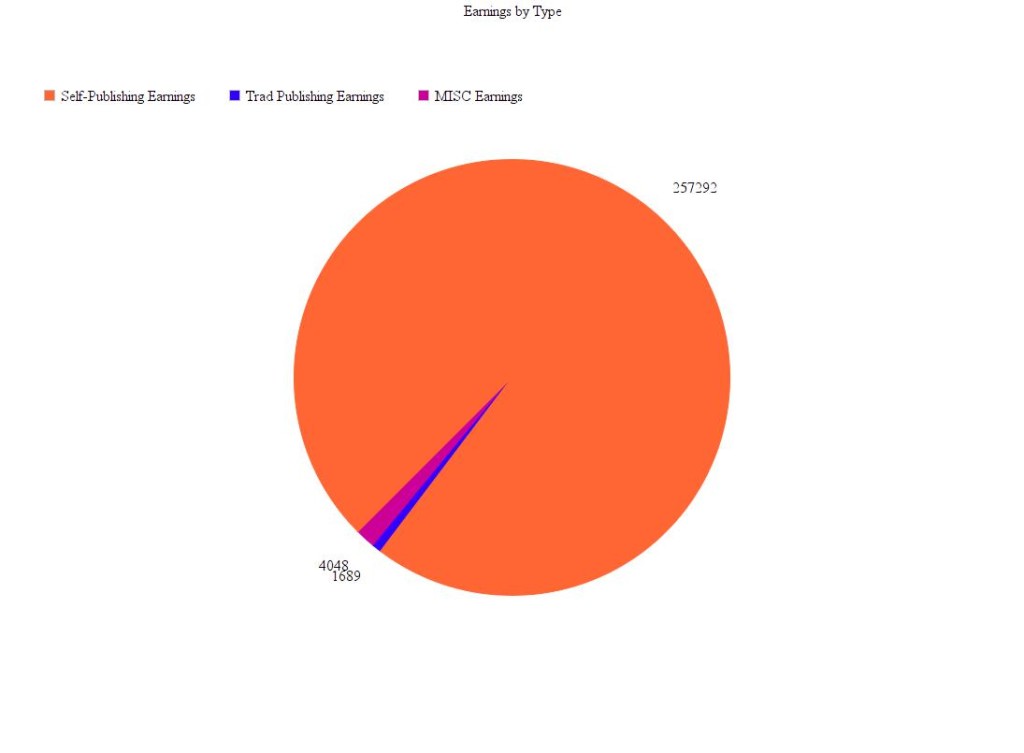
So… to sum up, I had a fantastic 2015 income-wise. Health-wise and stress-wise, it was awful and I’m ringing in 2016 with another bout of pneumonia, so who knows what my writing schedule will be like but I ain’t gonna quit. I will keep on writing, and working to make every book something I am proud of and that people want to read for as long as I’m alive to do so. That’s pretty much all any career writer can ask for, I think. Maybe I’ll have crazy numbers to post again this time next year, or maybe I won’t, but if I can get more good/healthy days and more books written than in 2015, I’ll consider 2016 a win.
And as anyone I’ve ever gamed with can tell you, I’m all about winning 😉


